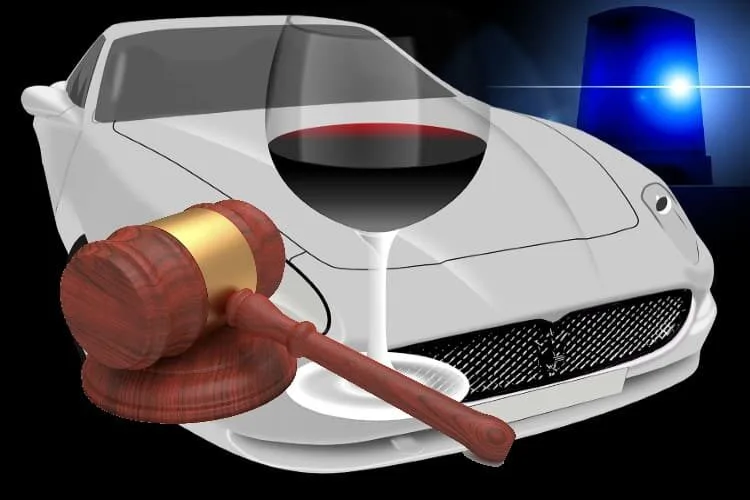
Introduction
Driving Under the Influence (DUI) in New Jersey is a serious offense that can have severe consequences. It is important to understand what constitutes a DUI and the potential penalties associated with it. This article will provide an overview of DUI laws in New Jersey and discuss the penalties that individuals may face if convicted of a DUI offense.
Is New Jersey Tough on DUIs?
And what is a DUI in New Jersey?
In New Jersey, a DUI refers to operating a motor vehicle while under the influence of alcohol or drugs. The legal blood alcohol concentration (BAC) limit for drivers over the age of 21 is 0.08%. For drivers under 21, any detectable amount of alcohol in their system can lead to a DUI charge. Additionally, driving under the influence of drugs, whether prescription or illicit, can also result in a DUI offense.
Penalties for a DUI in New Jersey
When charged with a DUI in New Jersey, individuals may face various penalties depending on the circumstances and prior convictions. The penalties may include:
1. License Suspension
A DUI conviction can result in a driver’s license suspension. The duration of the suspension varies based on factors such as BAC level, prior convictions, and whether it is a first offense or a subsequent offense. The suspension period can range from several months to several years.
2. Fines
Individuals convicted of a DUI in New Jersey may be subject to fines. The amount of the fine depends on the number of prior offenses and other aggravating factors. The fines can range from a few hundred to several thousand dollars.
3. Ignition Interlock Device
In some cases, the court may require individuals to install an ignition interlock device (IID) in their vehicle. An IID is a breathalyzer device that measures the driver’s BAC before allowing the vehicle to start. This requirement is typically imposed for repeat DUI offenders or those with high BAC levels.
4. Mandatory Alcohol Education and Treatment
Individuals convicted of a DUI may be required to attend alcohol education or treatment programs. These programs aim to raise awareness about the dangers of impaired driving and provide necessary support for individuals struggling with alcohol or substance abuse issues.
Conclusion
Getting a DUI in New Jersey can have serious consequences, including license suspension, fines, installation of an ignition interlock device, and mandatory alcohol education and treatment programs. It is crucial to understand the laws surrounding DUI offenses and the potential penalties to make informed decisions and prioritize responsible and safe driving practices.
- Sagittarius Man & Gemini Woman Love and Sex Compatibility - January 31, 2024
- Taurus Ascendant Rising Personality Traits in Men (Guide) - January 31, 2024
- How to Seduce and Attract a Sagittarius Man (Seduction Tips) - January 31, 2024
